A revocable trust is a legal arrangement that grants the grantor—the individual who creates the trust—the ability to modify its terms at any point before their death. This means the grantor can change beneficiaries, adjust assets, or even dissolve the trust entirely. Upon the grantor’s passing, the assets held within the trust are seamlessly transferred to the designated beneficiaries, avoiding the often lengthy and costly probate process. Additionally, while the grantor is alive, they can receive income generated by the trust, providing flexibility and access to funds as needed.
Revocable trusts offer significant flexibility compared to other estate planning tools. This adaptability is especially beneficial in various scenarios, such as:
Revocable trusts are often regarded as one of the most adaptable options in estate planning. They can serve multiple purposes, including:
Despite their advantages, revocable trusts come with certain drawbacks:
Revocable trusts are a powerful estate planning tool that offers flexibility, control, and the ability to simplify the transfer of assets upon death. They are particularly beneficial for individuals looking to manage their estate proactively while accommodating future changes. If you’re considering establishing a revocable trust or have questions about how it fits into your overall estate plan, contact Michael R. Fried, P.A. Our experienced attorneys are here to help you navigate the complexities of estate planning to ensure your wishes are met.
For more information or to schedule your consultation, please call us at (954) 656-3605 or email mrf@fried-legal.com. Secure your legacy today.

Designed & Developed barclayswebcrafters